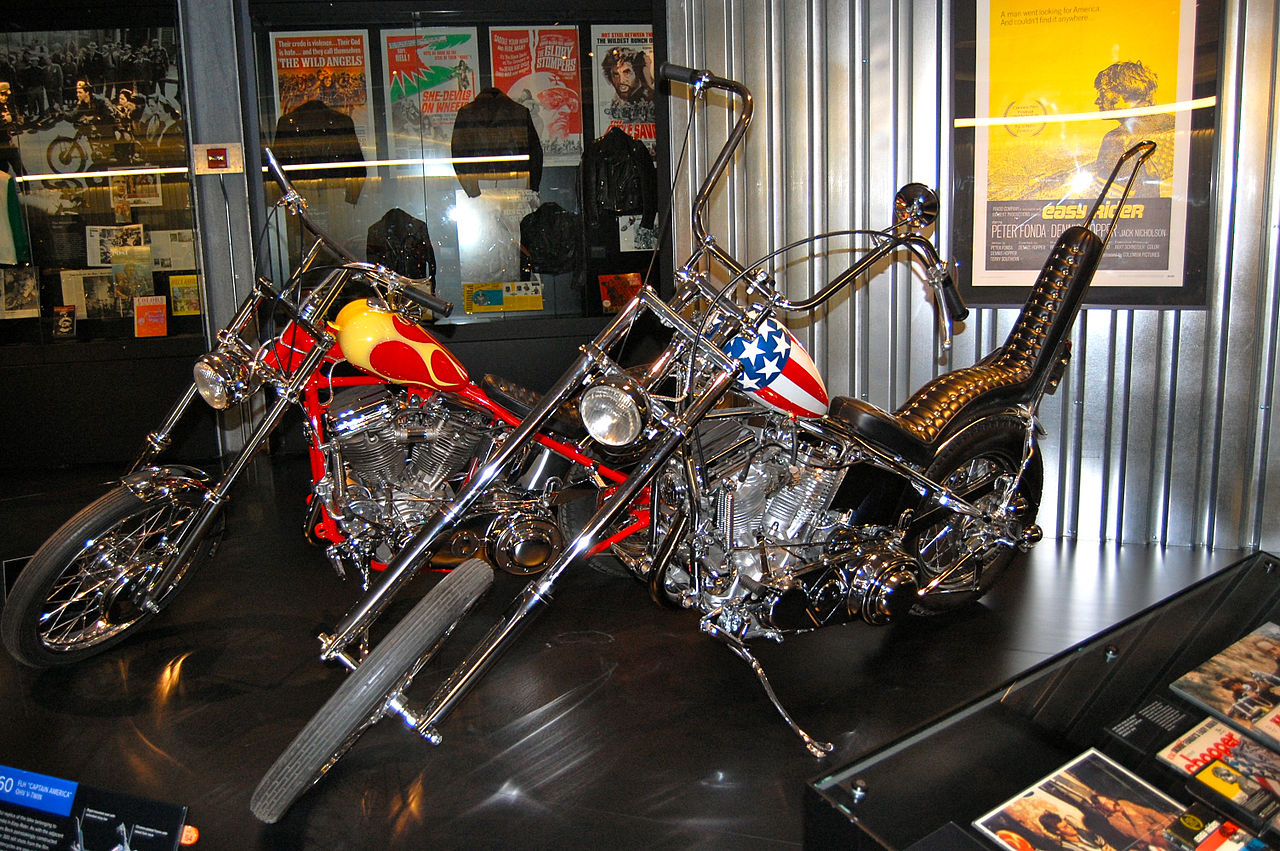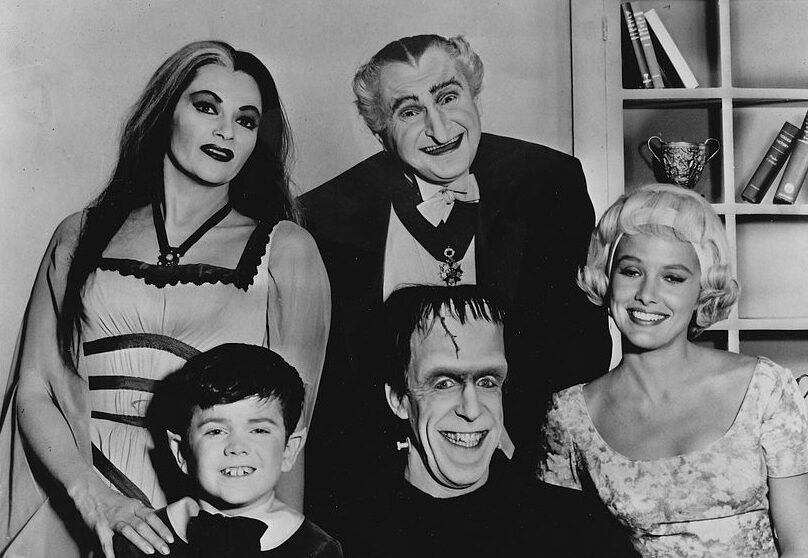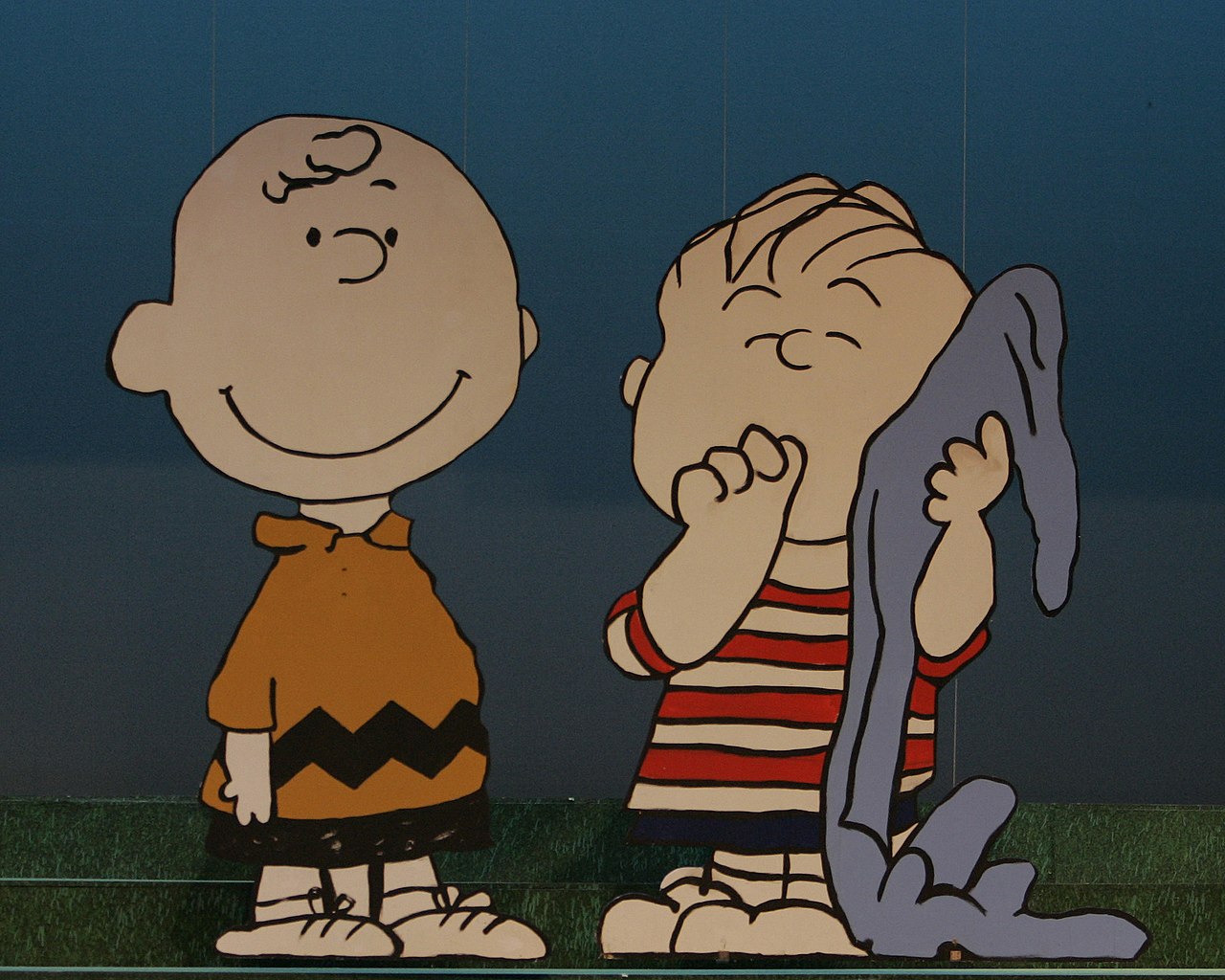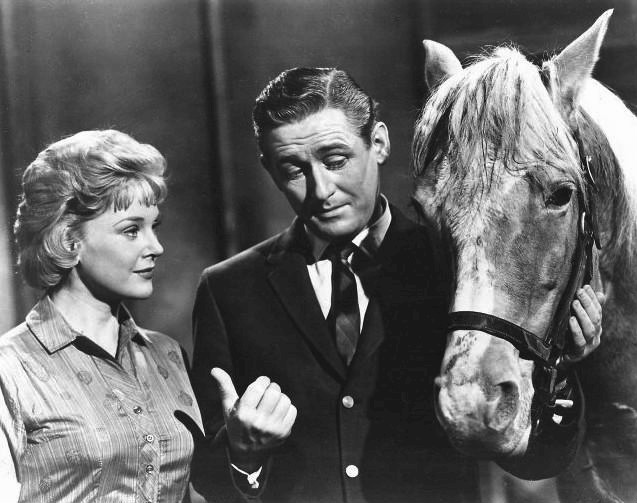Share this article with your network of friends!
For seniors who experienced the cultural revolution of the 1960s, “Easy Rider” stands as a cinematic symbol of counterculture and rebellion. Released in 1969, this iconic road film directed by Dennis Hopper captured the essence of a generation searching for freedom and meaning in a rapidly changing world. As we take a trip back to the era of flower power and motorcycle culture, let’s explore the lasting impact and significance of “Easy Rider.”
Plot and Setting
Set against the backdrop of a changing America, “Easy Rider” follows two motorcyclists, Wyatt (Peter Fonda) and Billy (Dennis Hopper), as they embark on a cross-country journey from Los Angeles to New Orleans. The pair explores the diverse landscapes and encounters various characters along the way, providing a vivid portrayal of the social and political climate of the late 1960s.
Counter-Cultural Themes
“Easy Rider” encapsulates the essence of the countercultural movement that emerged during the 1960s. The film reflects the rejection of mainstream values and traditional norms, as the characters seek an alternative lifestyle outside the confines of society. Their quest for personal freedom and self-discovery resonated with a generation that sought to challenge authority and embrace individuality.
Soundtrack and Iconic Moments
The film’s soundtrack, featuring classic rock songs from artists like Steppenwolf and Jimi Hendrix, became an anthem for the counterculture movement. The memorable opening sequence, with “Born to Be Wild” blaring from the speakers, remains one of the most iconic moments in cinematic history.
Cultural Impact
“Easy Rider” was a groundbreaking film that shattered conventions and ushered in a new era of independent cinema. Its success paved the way for a wave of films that explored themes of rebellion, freedom, and nonconformity. The movie’s influence on subsequent generations of filmmakers and its lasting cultural impact solidify its status as a timeless classic.
Controversies and Criticisms
Despite its acclaim and success, “Easy Rider” also faced controversies and criticisms. Some critics accused the film of glorifying drug use and promoting a nihilistic worldview. Others questioned its portrayal of the counterculture movement, suggesting it oversimplified complex issues.
Legacy and Enduring Relevance
Over the years, “Easy Rider” has retained its status as a cultural touchstone that continues to resonate with audiences. Its themes of freedom, individuality, and rebellion remain relevant and inspiring, making it a film that speaks to subsequent generations.
Conclusion
“Easy Rider” stands as a cinematic masterpiece that captured the spirit of a generation searching for meaning and freedom in a turbulent era. Its impact on cinema and popular culture cannot be understated, and its themes of rebellion and nonconformity continue to inspire audiences of all ages. As we remember the legacy of “Easy Rider,” we celebrate its lasting significance as a symbol of counterculture and a timeless ode to the pursuit of personal freedom and self-discovery.
DISCLAIMER: This website contains articles for informational and entertainment purposes only. No articles on this website should be considered as professional advice for any medical, legal, or financial matter. Advertisements and content may contain affiliate links, where the website earns a commission for sales derived from our users.





